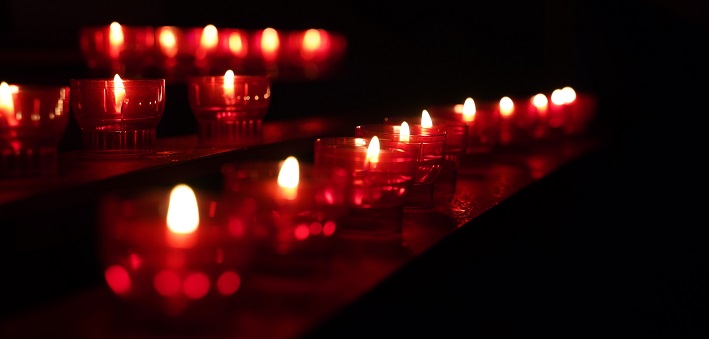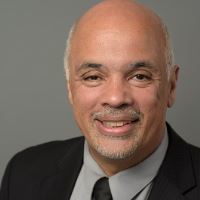Commentary on John 11:32-44
Why do churches dedicate a Sunday every year to the commemoration of all the saints that have preceded us?
Those who began this tradition understood that doing so would provide an opportunity to acknowledge that we stand upon the shoulders of those who lived and died before us, and to give them recognition.
In a society that glorifies individualism, providing such opportunities and taking the time to reflect upon the contributions of our ancestors reminds us that what we have accomplished in life is partially due to the saints that preceded us. This is particularly significant for members of many cultural groups whose value systems include recognition and honor of ancestors.
In Mexican and Haitian cultural value systems, learning about the respect and honor given to ancestors can provide enlightenment to U.S. Christians. Both traditions of ancestor recognition include annual celebrations for ancestors who have passed away. In Mexico this commemoration is called “El Dia de los Muertos” (The Day of the Dead); whereas in the Haitian tradition it is called Fét Gede (Festival Day of the Dead).
In these traditions, despite having passed away, the dead continue to be viewed as relevant for those who are still living in the present. Those ancestors who have passed are believed to have entered a higher plane of existence from which they can provide guidance and support to the living. Perhaps, to some extent, physical earthly death should not be viewed as the final reality of our ancestors/Saints within our Christian tradition.
Theologically, the Lutheran/Protestant traditions have had some difficulty in acknowledging an in-between status for the dead. Christians have also sought ways to bring the dead back into existence by celebrating all Saints Day.
When reading the gospel lesson for this day I can’t help but think that all those who preceded us in death moved on to a higher plane than those of us who remain among the living.
When Mary encounters Jesus she is understandably distraught. We all mourn the physical death of our loved ones; however, Jesus reminds Mary that physical death is not the end but is a temporary move to a higher plane before the final resurrection.
The dead saints no longer need to deal with earthly challenges, and we can shift our focus to consider the contributions they can continue to make to our lives. One such shift can include our deceased ancestors reminding us that no human being is an island, but that we are who we are because we were guided and loved by our ancestors, who continue to do so from another realm.
Death is not the end! Can we believe in the resurrection, like Jesus admonished Mary to do?


November 7, 2021